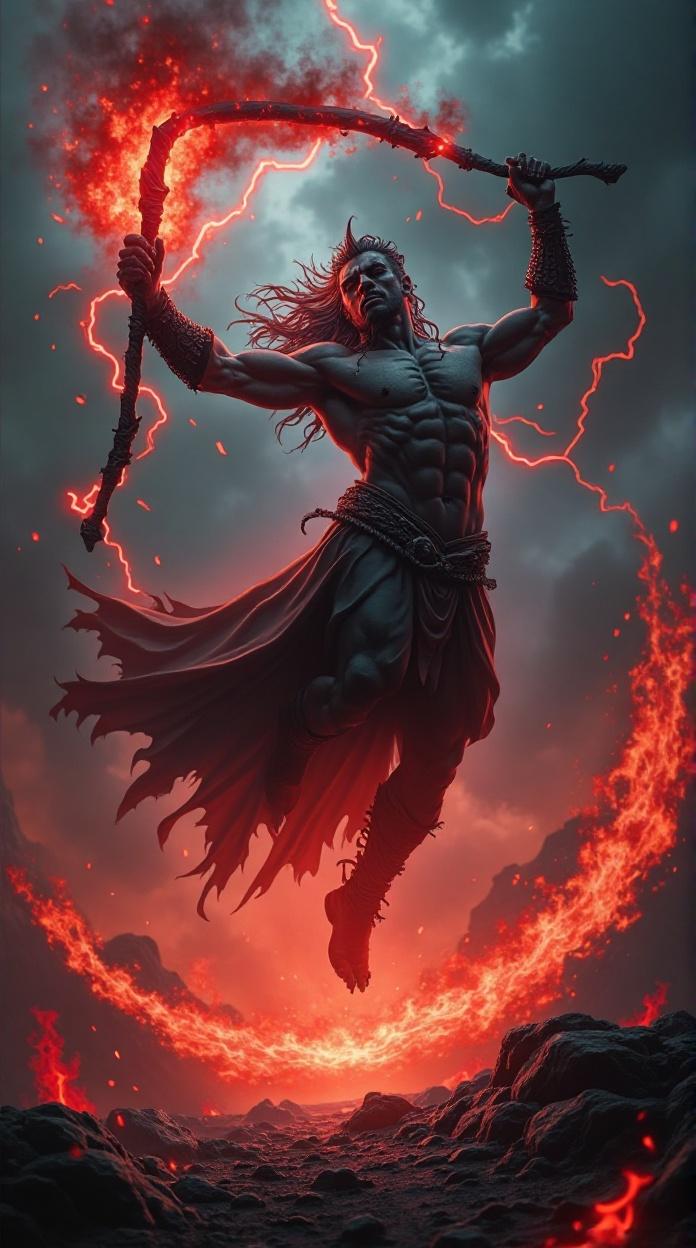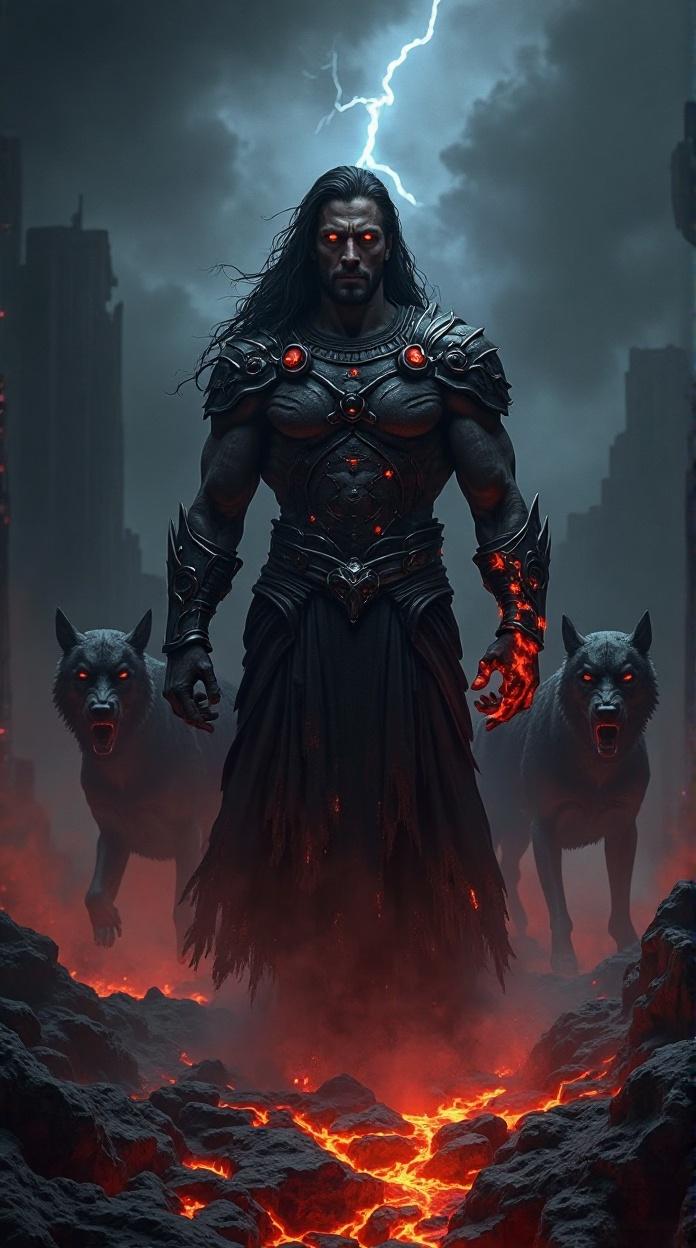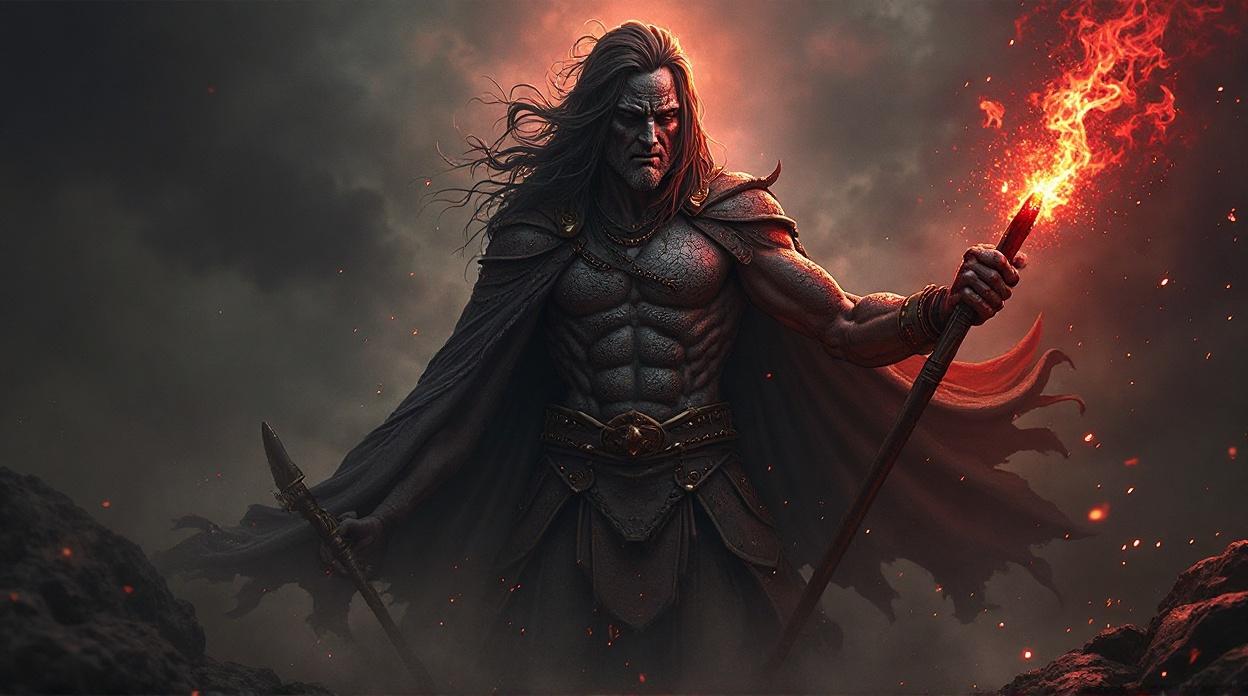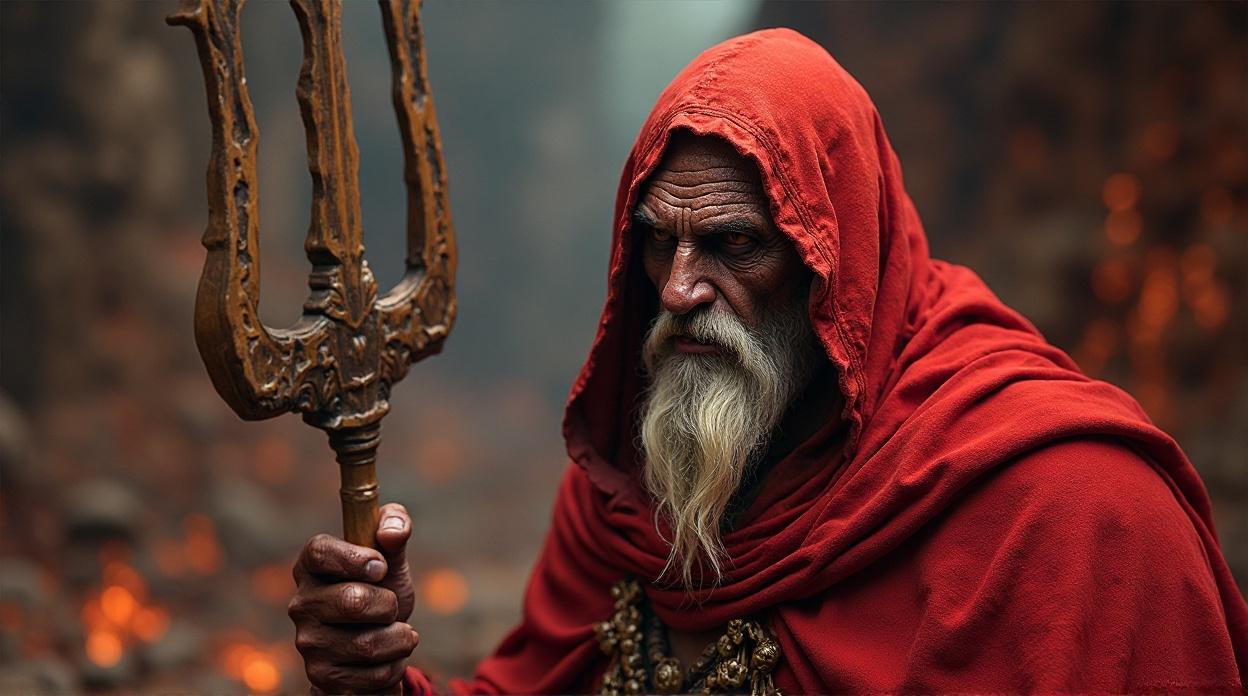Beyond the Pitchfork: Why Hades Isn't the Devil You Think He Is
Think Hades, think Disney's Hercules? Fast-talking, hot-headed, pure evil? Hold up. That popular image, seared into our collective consciousness by the House of Mouse, is wildly off the mark. It’s a caricature, a grotesque distortion of a figure far more ancient, far more complex, and arguably, far more interesting. We need to exhume the real Hades, to sift through the layers of misinterpretation and cultural baggage that have accumulated over millennia. His ancient role, the myths that got twisted, and how modern stories are finally, tentatively, giving him his due—that’s what we’ll uncover.

Meet the Original Hades: King of the Unseen
He is not merely the "god of death," a title often erroneously applied to him. No, Hades is far grander, far more weighty than that. He is the mighty ruler of the Underworld itself, the silent, watchful sovereign of a vast, unseen kingdom. More importantly, he is one of the "Big Three," a triumvirate of power alongside his brothers Zeus and Poseidon, each ruling a fundamental domain of existence. His realm, often envisioned as a place of eternal torment, is so much more. While parts of it certainly inspire dread, it is also the source of all precious metals and gems, the glittering hoard beneath our feet. It is for this reason that he was often called "Plouton" (aka Pluto, "the rich one"), a testament to the wealth and abundance he commanded.
Consider his lineage: The eldest son of Cronus and Rhea, swallowed whole by his paranoid father (a rather traumatic childhood, wouldn’t you agree?), only to be regurgitated later, ready to wage war against the Titans. After the Titanomachy, the three brothers drew lots for dominion. Zeus won the sky, Poseidon the sea, and Hades, fatefully, drew the short straw (or perhaps the long one, depending on your perspective) and inherited the Underworld.
His vibe? Stern, unpitying, but undeniably fair. He is the ultimate bureaucrat of the afterlife, ensuring order and adherence to the cosmic laws. Not exactly a party animal, preferring the solemn company of the dead to the boisterous revelry of Olympus. His iconic look: dark beard, the bident (not a pitchfork!), his legendary helm of invisibility (a gift from the Cyclopes, no less), and, of course, Cerberus, the three-headed guard dog, eternally vigilant at the gates of his kingdom. A rather imposing figure, wouldn't you say?
A Historical Trip: How the Greeks Actually Saw Him
Here's a crucial point: the ancient Greeks didn't view Hades with the same fear and loathing we often project onto him today. There was, of course, a degree of apprehension, a reluctance to even speak his name, fearing they'd invite death itself. Hence, the proliferation of euphemisms: "the Unseen One," "the Host of Many," indirect references that acknowledged his power without directly invoking it.
But they didn't see him as inherently evil. He was a necessary part of the cosmic order, the counterbalance to life, ensuring that souls stayed put, maintaining the delicate equilibrium of existence. He was the gatekeeper, not the torturer.
His worship (or, perhaps more accurately, the lack thereof) offers further insight. No grand temples were erected in his honor, no wild festivals celebrated his name. His worship was solemn, secret, and tied to funeral rites or mystery cults like the Eleusinian Mysteries, which offered initiates a glimpse of hope for the afterlife. These rites sought not to appease a malevolent deity but to understand and accept the inevitable cycle of life and death.
Furthermore, the concept of his realm evolved over time. Initially conceived as a shadowy, undifferentiated void, the Underworld gradually acquired distinct regions, such as the blissful Elysian Fields (reserved for heroes) and the hellish Tartarus (for the really bad guys). It wasn't one-size-fits-all eternal torment, but a nuanced system of reward and punishment.
And, crucially, Hades is not Thanatos, the actual personification of death. Hades rules the dead; Thanatos brings about death. It’s a vital distinction, one that often gets lost in modern interpretations.

Myth Busters: Debunking the Hades Hype
Let's tackle some persistent misconceptions head-on.
Controversy 1: Hades = The Greek Devil? Absolutely and unequivocally false! This is a modern, Christian-influenced interpretation that has no basis in ancient Greek mythology. He didn't rebel against the Olympian order, he didn't tempt mortals, and he certainly didn't torture souls indiscriminately. He was a just administrator, upholding the laws of his realm with unwavering consistency.
Controversy 2: The "Rape" of Persephone. The abduction of Persephone is undoubtedly a thorny issue. The ancient Greek term "harpagé" signifies abduction, but it also encompasses a form of marriage. While the initial act was undoubtedly non-consensual from Persephone's perspective, later myths evolve their relationship into a powerful partnership, a co-rule of the Underworld. It’s a narrative far more complex than a simple villain-victim scenario. It's an exploration of power, transformation, and the negotiation of consent within a patriarchal framework.
Controversy 3: He Cheats on Persephone! In stark contrast to his notoriously unfaithful brothers (Zeus, I'm glaring in your general direction), Hades is generally portrayed as a remarkably faithful husband to Persephone. The tales of Minthe and Leuce are minor figures, often predating their marriage to Persephone, and hardly constitute a pattern of infidelity.
Controversy 4: He's Unimportant and Reclusive! He rarely left the Underworld, yes, but this wasn't due to irrelevance or lack of ambition. It was due to his unwavering commitment to his immense duties, the ceaseless task of managing the souls of the dead. His isolation added to his mystique, his aura of unapproachable power, not his insignificance.
Hades in the Modern Era: From Villain to Visionary?
The Disneyfication of Hades in Hercules cemented the "evil Hades" image for an entire generation. He became the archetypal villain, a fiery, temperamental force of destruction. But thankfully, the tide is turning.
Supergiant Games' Hades video game broke the mold, portraying him as a grumpy, overworked, but ultimately caring (in his own way) father. It demonstrated that a complex, nuanced Hades, struggling with duty and familial expectations, could be incredibly compelling. Lore Olympus, a webcomic, presents a "perfect male feminist" Hades, empowering Persephone and exploring modern themes of consent and healthy relationships. Adaptations like Percy Jackson and Blood of Zeus are also offering more multifaceted takes, moving beyond the simplistic villain trope.
Even academic discourse is shifting, with scholars actively correcting misconceptions and emphasizing his original role as stern, fair, and vital to cosmic balance.
The Future of the Underworld King: What's Next?
Hades II, the highly anticipated sequel to the game, promises to delve even deeper into lesser-known myths and explore complex family dynamics within the Underworld.
The success of works like the Hades game demonstrates a growing appetite for mythologically accurate, complex characters over simplistic villains. We can expect more film, TV, and literature to embrace Hades' full complexity, exploring themes of duty, power, and the cyclical nature of life and death with a fresh perspective.

Conclusion: Hades Reclaimed
So, next time you think of Hades, cast aside the image of the red-skinned, pitchfork-wielding devil of modern caricature. Remember the stoic, responsible ruler of an essential realm, the keeper of cosmic balance, a figure far more fascinating and deserving of respect than his bad rap suggests. It is time to give the Underworld king his due.
Leave a comment
Your email address will not be published. Required fields are marked *















